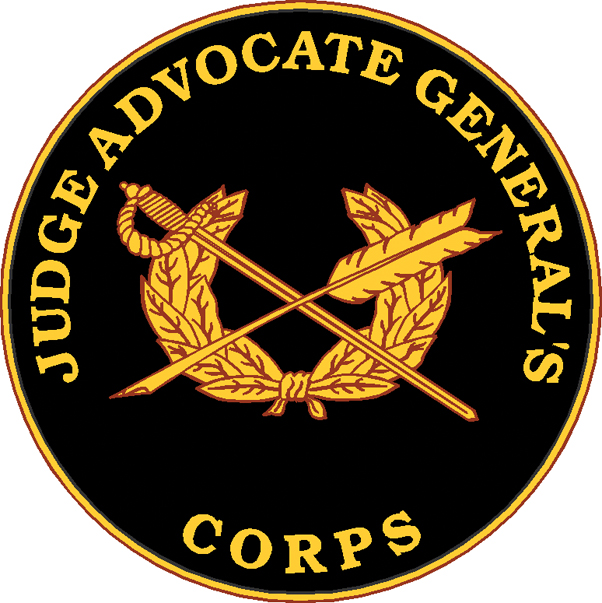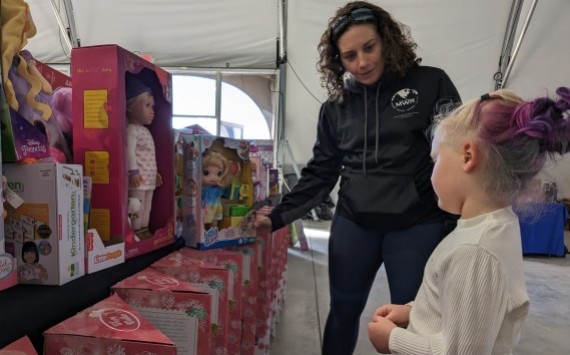Sexual assault is one of the most pressing and difficult issues in today’s Army.
As part of the Army’s efforts to combat sexual assault within our ranks, the Special Victim Counsel Program was developed to strengthen our support of victims of sexual assault and enhance their rights within our military justice system, while neither causing unreasonable delay nor infringing upon the rights of an accused. The role of a Special Victim Counsel is to zealously represent the client’s interests throughout the military justice process within the scope of representation outlined by Army regulation.
A Special Victim Counsel is a legal assistance attorney who has received special training to provide legal representation to victims of sexual assault. Preferably, attorneys assigned as SVCs will have also had military justice experience. The SVC provides legal services to active duty military members, their adult dependents, and persons in other specialized categories. Further, SVCs are able to provide support and legal services to certain child victims of sexual assault, by representing the child through the child’s parent or guardian. Victims of sexual assault are eligible for SVC representation once they have filed either a restricted or unrestricted report. Victim Advocates will provide victims with information about an SVC if the victim qualifies to receive assistance from the SVC, including contact information.
The primary duty and loyalty of the SVC is to the client, not to any other person, organization, or entity. Privacy and confidentiality apply, meaning that the SVC cannot share anything their client has told them without permission from the client. The SVC’s primary duty is to advocate for the best interest of the client.
The SVC will further assist their clients in navigating the court martial process, accompanying them to interviews, examinations, hearings, and court proceedings, as well as providing legal advice during this process.
In addition to the right to consult with an SVC, victims have the following legal rights: to be treated with fairness and respect for their dignity and privacy; to be reasonably protected from the accused offender; to be notified of court proceedings; to be present at all public court proceedings related to the offense, unless the court determines that your testimony would be materially affected; to confer with the attorney for the government (prosecutor); right to available restitution; right to know about the conviction, sentencing, imprisonment, and release of the offender.
In the past several years, the National Defense Authorization Act has significantly changed the landscape of sexual assault prosecutions as well as the role of the SVC and rights of sexual assault victims. Army SVCs will continue to help their clients navigate the ever expanding complexity of sexual assault prosecution now and in the future. The SVC program has grown significantly since its initial inception and will continue to advocate for victims of sexual assault well into the future.
Victims of sexual assault have a right to obtain and meet with a SVC prior to speaking to law enforcement or their command, or undergoing any medical examination. If you feel you need SVC representation, or have any questions regarding the SVC program, I can be reached at 380-6840 or nicholas.c.bartholomew.mil@mail.mil.












